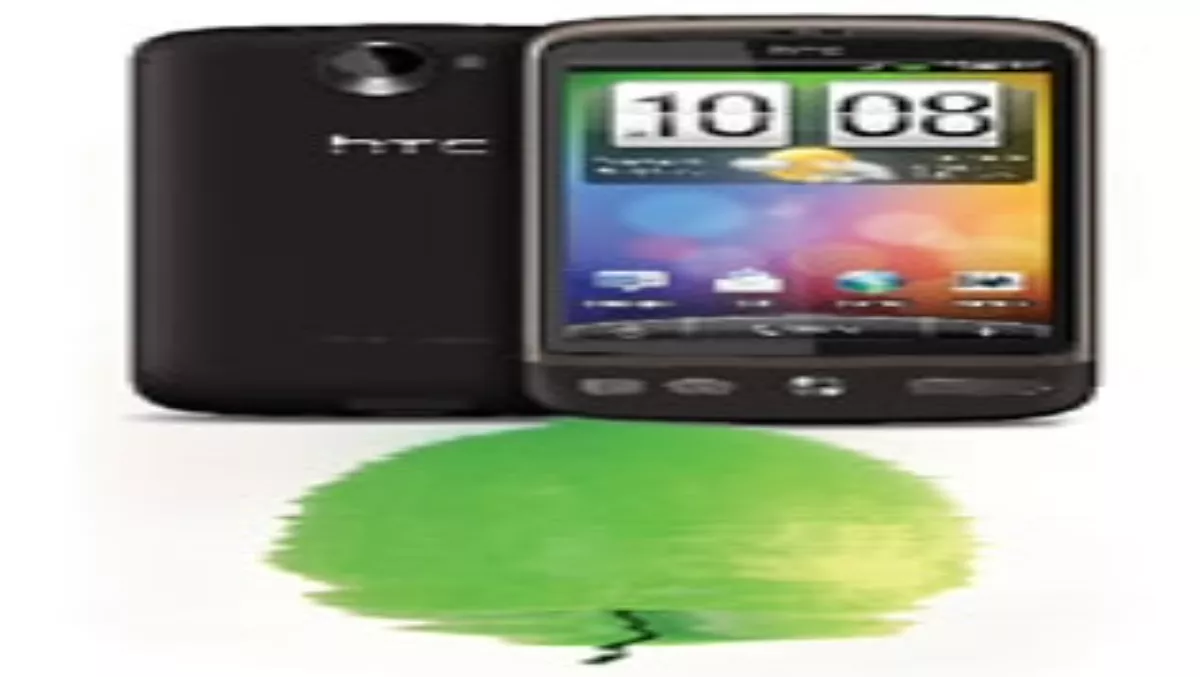
For the vast majority of us living in New Zealand, when anyone mentions ‘smartphone’ or similar, it’s hard not to slobber ‘iPhone’ like a Pavlov dog. The iPhone is the all-conquering behemoth of the NZ smartphone market. It has benefited from a combination of Apple’s ongoing sexier-than-thou marketing and colossal brand love, stemming from the gleaming product stables and converting into fervent word-of-mouth preaching. However – in what might be a surprise to many – Apple is NOT dominating global, or US market growth. That would be… Android.Android is a cross-platform mobile device operating system (OS) developed for smartphones, netbooks, tablets and similar. Purchased by Google five years ago, it has been part of an ‘open handset alliance’ since 2007. Developers have already provided over 70,000 applications for users. Android has been available as an OS since October 2008.Just how it works, and what it offers users, is the key to its spectacular success over the past year. It can be summed up in two words: ‘freedom’ (for developers) and resulting ‘choice’ (for end-users of mobile devices). Its large community of developers (100,000 apps submitted so far) revels in the open source environment, writing managed code in the ‘Java’ language. Google enabled this freedom from the outset, releasing most of the code under the Apache licence, a free software and open source licence. Several strong updates have been made since it was released, enhancing features and correcting bugs.New Zealand users can now access a range of Android-powered devices from business mobile specialists, and developers here can now upload and sell priced applications in Android Market, enabling the promotion and remuneration for their efforts. Kiwi developers will sell apps in any or all of 32 available countries to reach mobile users globally.Head to head with the iPhone, there are some key similarities, and interesting differences. The iPhone is undoubtedly the ‘gold standard’ for design and usability for Kiwis. This comes at a steep cost – an iPhone starts at $1123 here. However, the several Android-capable handsets available here from manufacturers such as LG, Samsung and HTC are generally superior, in terms of battery life and reception, and most importantly: price. Android devices are available from just a few hundred dollars.The huge number of apps available from both parties pretty much do the same handy things (ie: help plan exercise, weather reports, etc). In terms of office integration both platforms are excellent and can be integrated seamlessly with standard email servers. We are seeing increasing uptake of Gmail-based servicers even for some larger organisations.However, while the iPhone users are limited to getting theirs from the iApp store, Android handset owners can download and install their apps from any source, anywhere with virtually no limitations. With 17,000 new apps already every month, the expanded green light for several new countries (including NZ) to develop and sell apps will see this number increase. Android owners now also have access to using a Skype app on their devices, like iPhone users. While Apple enjoys 250,000 apps, it only offers a single-source platform within which developers operate, and resulting impediments – such as longer approval processes for developers’ apps.The resulting key numbers tell a remarkable story of enormous market-share growth both in the USA as well as globally, occurring in the past 12 months for Android. In the US market it recently overtook BlackBerry maker RIM to become the number one OS in this region. In Q2 2010 Android-powered devices accounted for more than one-third of smartphone sales, ahead of RIM (32%) and Apple (22%).In the overall global smartphone OS market, the Android platform gained a staggering 833% in annual growth. Android overtook the Apple iOS this year globally to become the third most popular OS (behind only Nokia’s Symbian platform and Research in Motion). Gartner has predicted that by 2012 it will become the second biggest smartphone OS globally behind Nokia’s Symbian, which is still huge outside the US. Gartner predicts Android and Symbian will dominate the global OS market neck-and-neck by 2014 (accounting for 59.8% of mobile OS sales).There is no doubt that Android devices offer business owners in NZ better value for money than the iPhone. That said, iPhones are still probably cooler!